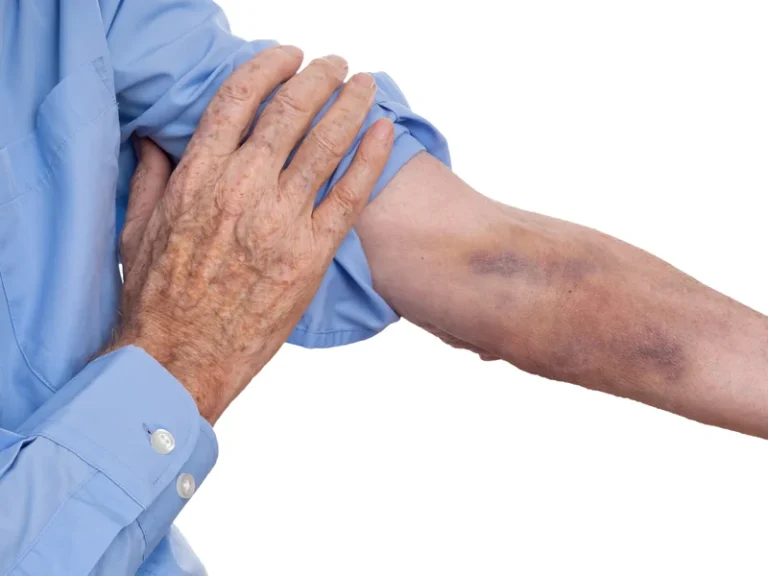
If you feel more severe symptoms, such as paranoia, increased pulse, or tremors sometimes called alcohol shakes, you should taper more slowly and consider seeking professional help. If you feel severe symptoms, such as hallucinations, rapid heartbeat or disorientation, call 911 immediately. Tapering off alcohol involves gradually reducing the amount of alcohol you drink.
- From there, you may need social support, consistent self-care, and new routines that can help redirect your mind.
- For this reason, even at-home tapers should be done under a doctor’s care.
- Tapering can be a long process that takes weeks or even months to finish.
- Tapering off alcohol is the act of slowly reducing alcohol intake until a person becomes completely abstinent.
- Severe and complicated alcohol withdrawal requires treatment in a hospital — sometimes in the ICU.
Challenges of Cutting Down on Alcohol Intake

Although it is possible to taper at home, having medical supervision and assistance can ensure a successful taper. A doctor can supervise your tapering progress, helping you manage your cravings and prevent relapse. Overall, getting professional help can improve your chances for long-term sobriety.

Taper Method
Having a plan can help you stay on track and it can keep you safe. One of the keys to a successful taper is taking gradual steps that will cause as few side effects as possible. A taper is a period of reduced training VOLUME before a big race, hike, event, or competition. If you are concerned that you or someone you care about has a problem with alcohol there is a lot of help available.
Why Alcohol Withdrawal Occurs
People with a greater dependency on alcohol may need to stretch out the process to gradually reduce their alcohol intake. If you are tapering yourself off alcohol for the first time, it can be helpful to know what symptoms to expect during the process. Although the symptoms can vary for each person based on personal factors, many people share common experiences during this process. Licensed medical professionals review material we publish on our site. The material is not a substitute for qualified medical diagnoses, treatment, or advice. It should not be used to replace the suggestions of your personal physician or other health care professionals.

Alcohol Detox at Home
Creating a tapering schedule you can stick with is a crucial part of weaning yourself off alcohol. The best schedule varies based on how much you drink each day and your overall health. As mentioned above, we strongly recommend speaking with a doctor to ensure your plan is a safe one, and won’t cause dangerous withdrawal symptoms. The amount of time it takes to taper off of alcohol can vary greatly from person to person.
People who are severely dependent or addicted to alcohol should seek medical support for alcohol detox. Aside from unavoidable triggers, tapering off alcohol can also have side effects which can be difficult to manage at home. Yes, your tolerance to alcohol can diminish fairly quickly after you stop drinking. Relapse after a period of sobriety can be dangerous because your tolerance has gone down. If you drink the same amount you were used to during active addiction, you may experience extreme intoxication or alcohol poisoning. When you quit alcohol after having developed alcohol dependence, your brain will be thrown into a chemical imbalance.

Pros and Cons of Tapering Off Alcohol Intake
That said, tapering off alcohol doesn’t completely eliminate withdrawal symptoms. Alcohol withdrawal is dangerous and it’s important to be careful throughout the process. Alcohol withdrawal (alcohol withdrawal syndrome) is a range of symptoms that can happen if you stop or significantly reduce alcohol intake after long-term use.
- Being dependent on alcohol means you feel you’re not able to function without it and means stopping drinking can causes physical withdrawal symptoms like shaking, sweating or nausea.
- Chronic, heavy drinking can significantly increase your risk of serious illness and premature death.
- But, perhaps most importantly, understand that setbacks happen and that progress takes time or may look different than imagined.
- We can leverage our resources and team to help you reduce and eventually end your alcohol use.
Treatment Programs
Typically, quitting cold turkey from a 12-beer-a-day habit is going to be more stressful than tapering off slowly. In addition, home detox may not be effective, appropriate, or safe. Early symptoms of alcohol withdrawal usually start about six hours after the last drink. Early symptoms include how to taper off alcohol headache, sweating, tremors, vomiting and difficulty concentrating. If you’ve been unable to quit on your own, you should consider attending an alcohol rehab center. It teaches you healthy ways to cope with stress and techniques for overcoming the underlying causes of alcohol addiction.
How to stop drinking alcohol completely
Stress is a common trigger that makes it hard to modify your alcohol intake. Finding a different, more healthy way to unload stress may go a long way in helping someone succeed in cutting back on their alcohol use. You may decide to seek medical treatment for your withdrawal symptoms or make the choice to enter a professional detox or rehab center. Even if you don’t succeed the first time, there are still plenty of treatment options you can turn to.
